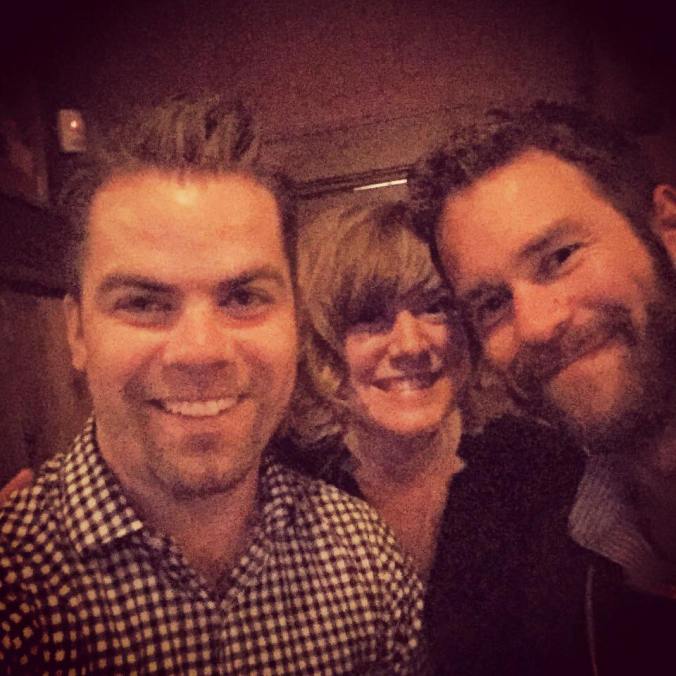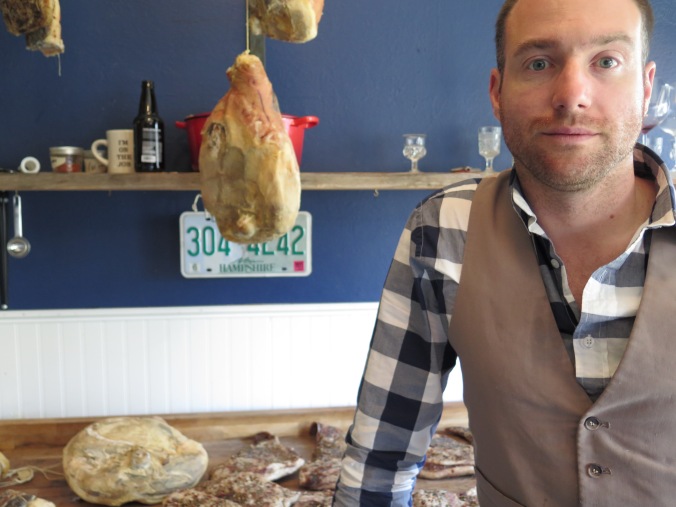In about a week, I’ll be at a farm whose name translates only as “squirrel” in the village of Yaka Koy off the coast of southern Turkey with a farmer named Cem who was a cyclist and former touring Scottish/Irish folk musician before deciding to dedicate his life to sustainable agriculture.
About a week ago, I was pulling three pig carcasses off the back of a pickup truck on a farm outside of Portland learning how to break down the meat into “primals” and “sub-primals” with a butcher named Zephaniah while two blonde twin boys ran around the barn wearing nothing but their muck boots.
The week in between, I spent cleaning our sheep pen, working on a new fencing system for the flock and hoping I didn’t pick up any poison ivy while helping my brother clear fence lines back to their approximate place in the 1950’s while minding federal restrictions concerning wetlands.
On the side, I’ve started taking a look at religion trends for the online journal, Religion Dispatches. If you are interested in a quick take on the recent 245 page Pew Forum research report on global religion trends you can check out my thoughts here.
In sum, I can say with confidence, I highly recommend the long way home.*
My month in Portland confirmed all my greatest suspicions:
- Portlandia is a documentary.
- It is possible to build an entire economy off of micro-breweries.
- Always be nice to homeless people because they may, in fact, be the owner of one of those successful micro-breweries. It’s the Portland version of “entertaining angels unaware.”
I was hosted by Adam and Sarah Phillips who are starting a worshipping community called Christ Church Portland. They can always use the support and you can learn more about what they are doing and how to support them here.
My agricultural education was provided by Zephaniah Shephard, the owner and head butcher of Proletariat Butchery. Proletariat is full carcass butcher shop which means when we would work through a few hundred pounds worth of animal, less than two pounds would end up being thrown away.
At a typical grocery store you are paying for both the meat you are consuming and the meat that is being thrown away at the end of the week. But Zeph cuts everything to order. While that is an extra investment of time, it also means you aren’t paying for waste.
While a strong commitment to using as much of the animal as possible is unique today, that has only been the case for a few generations. These practices, until relatively recently, were the norm. Making full use of a pig head still seems like good sense to my grandmother while it remains at the cutting edge of hip foodie scenes.
This short documentary probably says it best:
More updates to come from the Aegean coast!
*While all are invited to enjoy my use of Supertramp videos, this link goes out especially to Michael King.

